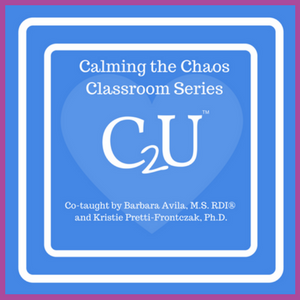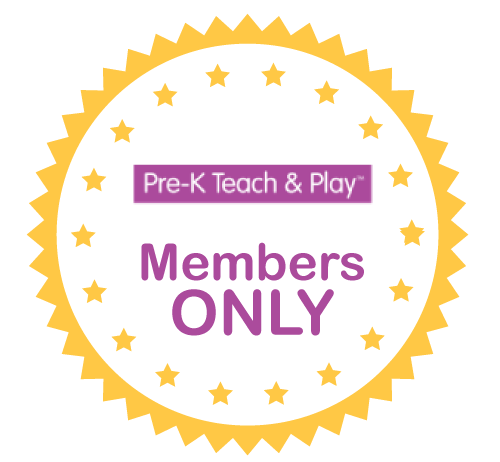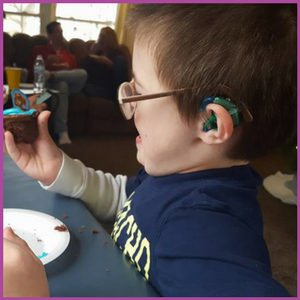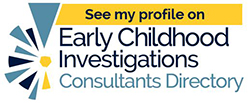ECE Solutionary Membership Resources for Month 3
This month, I've hand-picked solutions from the categories of quality indicators and self-regulation. Each solution is provided to help you go deeper into the "how" behind helping children thrive in school and in life.
Click here to download this month's at-a-glance handout
As always, each solution includes a brief description and hyperlink to a PDF, YouTube video, blog post, podcast, and/or website. For those who end up feeling like the solution was TL;DR (too long; didn't read), I provide an at-a-glance tip you can put into action immediately. Each tip is signified by a purple hashtag (#prektip).
Quality Indicator Solutions
A tip sheet that describes how to reevaluate how you view snack time and embed learning opportunities [PDF]
Want even more? Read this blog where we describe the benefits of an open snack policy [link] or this article that discusses how hunger can affect early development [link].
#prektip: Consider an open snack policy. We ask children to make good choices and to notice when they are feeling “flooded” with emotion. We encourage them to notice these feelings, to trust these feelings, and to act to regain a more neutral state. Why then would we, at the same time, tell them not to listen to their bodies when they feel hungry, thirsty, or even tired? (click here to tweet this tip!)

A blog that describes how you can embed foundational higher-order thinking skills in play in order to support children's meaningful engagement with coding [link] - written by Tamara Kaldor.
#prektip: Play experiences like problem-solving, collaborating and designing during their playing and making are powerful experiences that all children need to be successful in life, to innovate, and to learn how to think through complex problems, such as coding. (click here to tweet this tip!)
Self-Regulation Solutions
calm the chaos classroom series tip sheets

Tip sheets for dealing with children who bite and scream, developed by Barbara Avila from Synergy Autism Center and me [Biting PDF; Screaming PDF]
#prektip: When a child is going in for a bite, try not to yell “Stop biting” or “Don’t bite”...it’s super hard for children to stop mid action...meaning while their mind and body is in motion. Instead, try saying, “Sit down,” or “Stand on one foot”, “Touch your head”...”Clap your hands”...”Here, chew this”. All of these statements allow the motion to still flow, not result in a bite, and provide a better alternative for calming their system. (click here to tweet this tip!)
An article that illustrates how "brain research tells us that when the fun stops, learning often stops too."- by Judy Willis [link]
#prektip: “The acronym RAD can remind educators of three important neuroscience concepts to consider when preparing lessons:
• Novelty promotes information transmission through the Reticular activating system.
• Stress-free classrooms propel data through the Amygdala's affective filter.
• Pleasurable associations linked with learning are more likely to release more Dopamine.” (click here to tweet this tip!)
Post builds upon Judy Willis' article and provides strategies that will help you reduce children's exposure to stressors, and at the same time, create learning opportunities for getting neurons to fire and wire together [link].
Here's an overview of what you'll find in this members only resource [audio 3:38].
#prektip: Create positive associations - “Students can build on their neurochemical memories of positive feelings if they have opportunities to recognize and savor their successes.” (click here to tweet this tip!)




